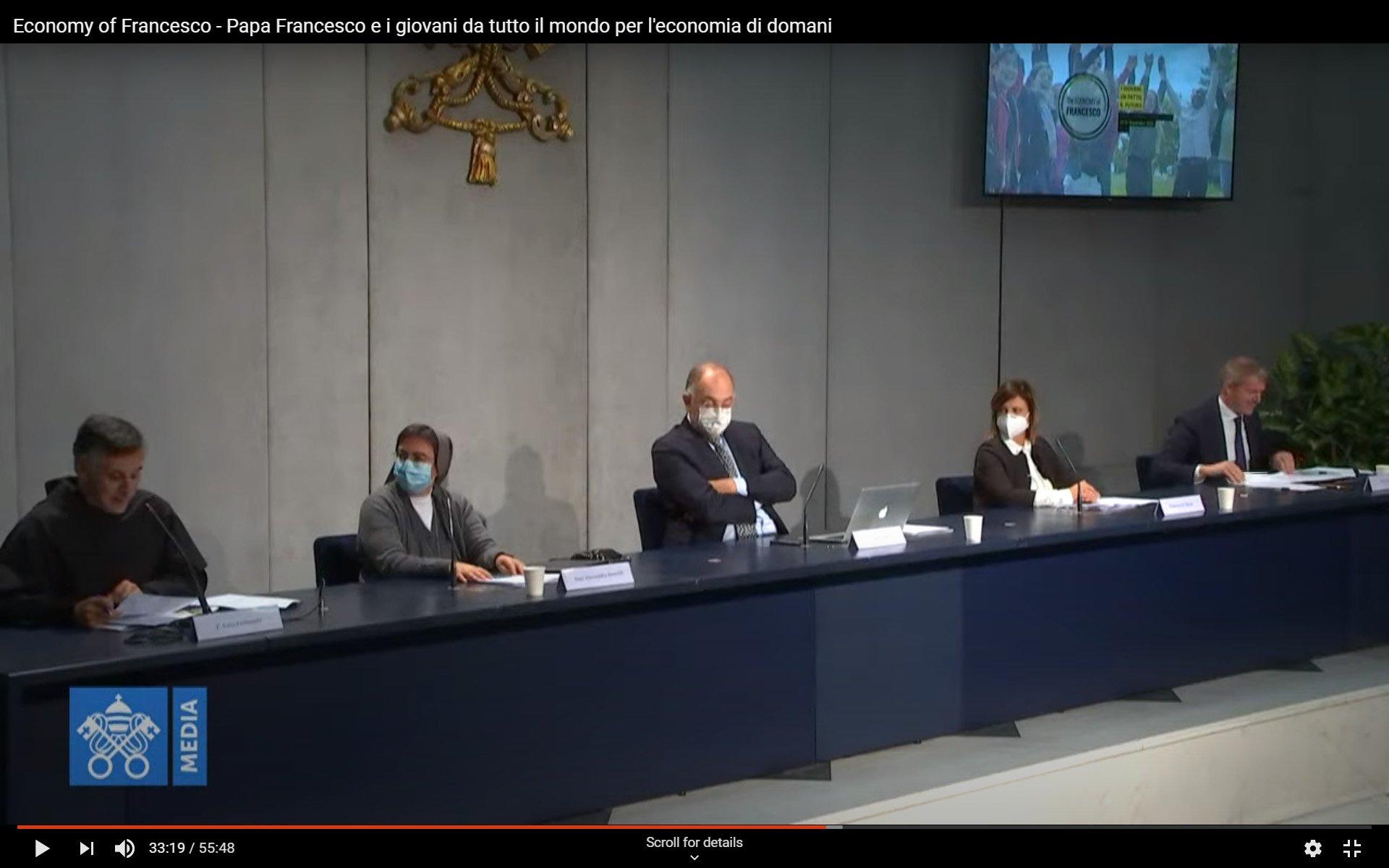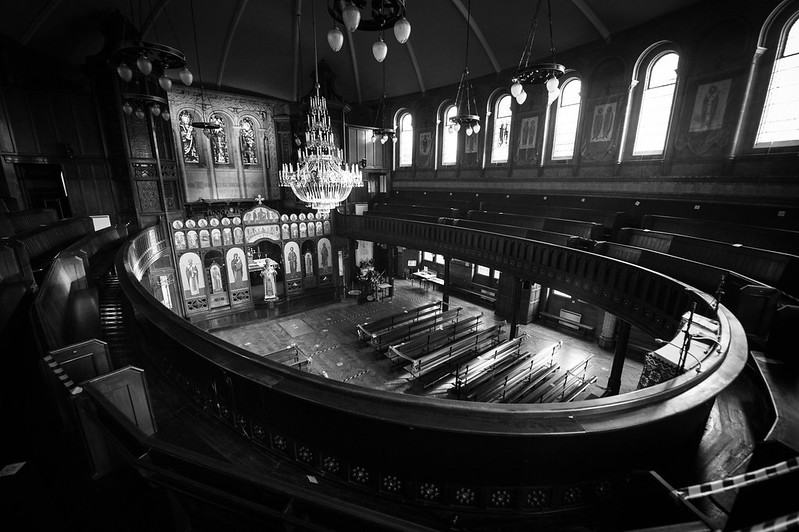Catholics are no longer prepared to allow the good name of their Church to be “dragged through the mud” by the misdeeds of its leaders. “This must stop,” The Tablet bluntly declares in its main editorial this week. “The immense good done in the name of the Gospel by many in the Church is being systematically undermined by clericalism, ideological division, unelected leadership, bad management, and a willingness to turn a blind eye to vice.”
It describes two reports published on Tuesday, the Holy See's own inquiry into the McCarrick affair and the Independent Inquiry into Child Sex Abuse (IICSA) which investigated safeguarding in the Catholic Church in England and Wales, as “two heavyweight blows to the good name of the Catholic Church, in Britain and worldwide,” which have “left painful bruises all over the Body of Christ”.
The leader is published as the Catholic Bishops’ Conference of England and Wales meets to discuss the IICSA report and also the report commissioned by the bishops themselves from the independent consultant Ian Elliott. This is expected to recommend radical changes in the way the Church handles child abuse issues, especially in dealing with victims and survivors.
The Tablet argues that the plea for forgiveness made by Cardinal Vincent Nichols of Westminster is “hollow window dressing” unless the fundamental cultural and structural problems are addressed. Cardinal Nichols cannot be forgiven unless there is some other voice able to reply on behalf of ordinary faithful Catholics, and such a voice does not at present exist. It goes on: “It is clear from the angry and indignant letter signed by the 23 victims/survivors of clerical abuse published in last week’s Tablet, that their forgiveness is still a long way off. The Tablet stands resolutely alongside them, as should the whole Catholic community.”
IICSA found evidence of repeated failures to support victims and survivors. “This is in stark contrast to the positive action taken to protect the reputation of the Catholic Church and, in some cases, the alleged perpetrators,” it said. The Tablet, in response, blames the culture of clericalism and the failure of the Vatican to hold bishops to account, saying that child abuse is the “inevitable product of their disempowerment at the hands of the Catholic system” and that “answerability upwards - to Rome - is not an effective brake on the abusive exercise of clerical power.” It calls instead for a structure where a voice is given to the whole Church and not just to bishops, so they have to account for their management of the Church to the Catholic community. “Absolute power corrupts absolutely” it says, quoting the nineteenth century Catholic historian Lord Acton.
Whereas in the secular world bringing an institution into disrepute is widely regarded as a sackable offence, no such concept exists in the Catholic Church. Ministers answer to Parliament and MPs to their constituents, and Catholics have grown used to such accountability. “This daily experience is what forms and shapes Catholics as citizens, a world where they are treated as grownups, and which therefore forms and shapes their expectations as Church members. Meanwhile the Church, still feudal in many ways, simply ignores them.”
The way forward lies in revising Church government so that checks and balances are in place in a synodal system, “where the voice of the people can be heard and heeded. Wisdom will emerge from the interplay of the two, not from one side alone. Cynics will say that no body with power ever gives it up without a struggle. But that struggle is now on.”



 Loading ...
Loading ...